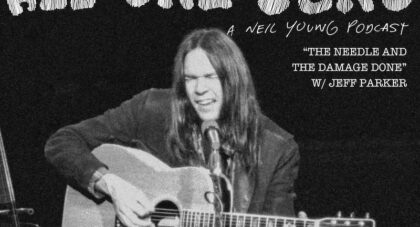“You can’t shine if you don’t burn,” read the handwritten note found next to his deathbed -- apropos given that British psychedelic crooner Kevin “Take Me to Tahiti” Ayers often retreated to the tropics whenever the spotlight of fame shone a little too brightly. A new book become a member or log in.


